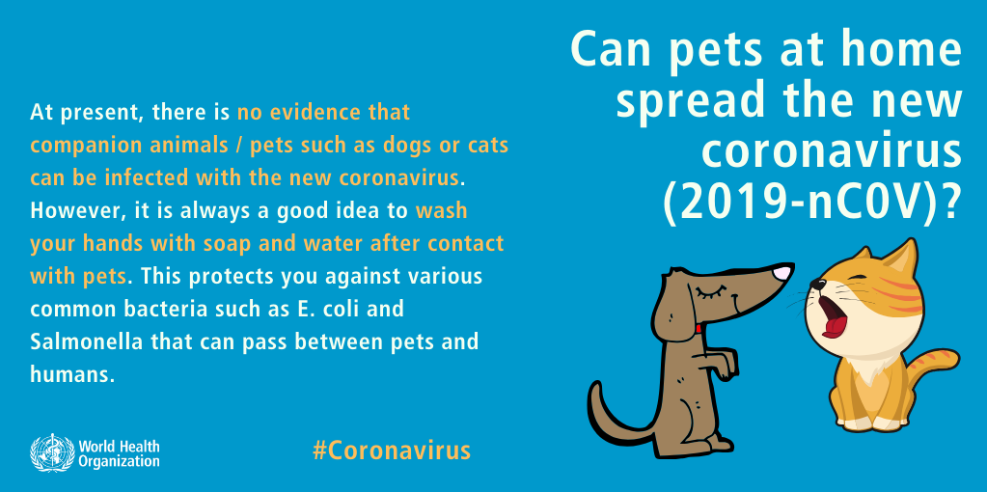Factors contributing to problems with weight management
The Centers for Disease Control and Prevention states that more than two-thirds of Americans weigh more than they should. It isn’t surprising that their pets do too. Some of the leading causes of pet obesity include:
- Increasingly sedentary lifestyles
- Long hours at work and not enough time to exercise pets
- Overestimating how much food pets actually need
- Giving pets too many treats and table scraps
- Feeding unhealthy foods
Take control of your pet’s weight
Your pet’s veterinarian at Newport Center Animal Hospital will let you know how much to feed your pet based on species, age, weight, and lifestyle. We advise you to use a measuring cup when feeding your pet and to not fill the dish again until the next meal time. Offering verbal praise instead of treats will help your weight management efforts with your pet as well.
Dogs require about 30 minutes of exercise daily to maintain a healthy weight and to keep from becoming destructive. Your dog would love a daily stroll with you through the streets of Newport Beach, CA. Cats sleep more, so it is important to take advantage of your cat’s awake time to engage in activities that get the cat moving.
Making changes to your pet’s diet
Please check with your regular veterinarian at our clinic in Newport Beach, CA, before changing what and how often you feed your pet. This is to make sure that your pet can tolerate the ingredients in the new food. We can also give you tips on managing begging and other problem behavior when you start to cut back food or increase activity. Please contact Newport Center Animal Hospital at (949) 644-5460 to request a weight management consultation today.


